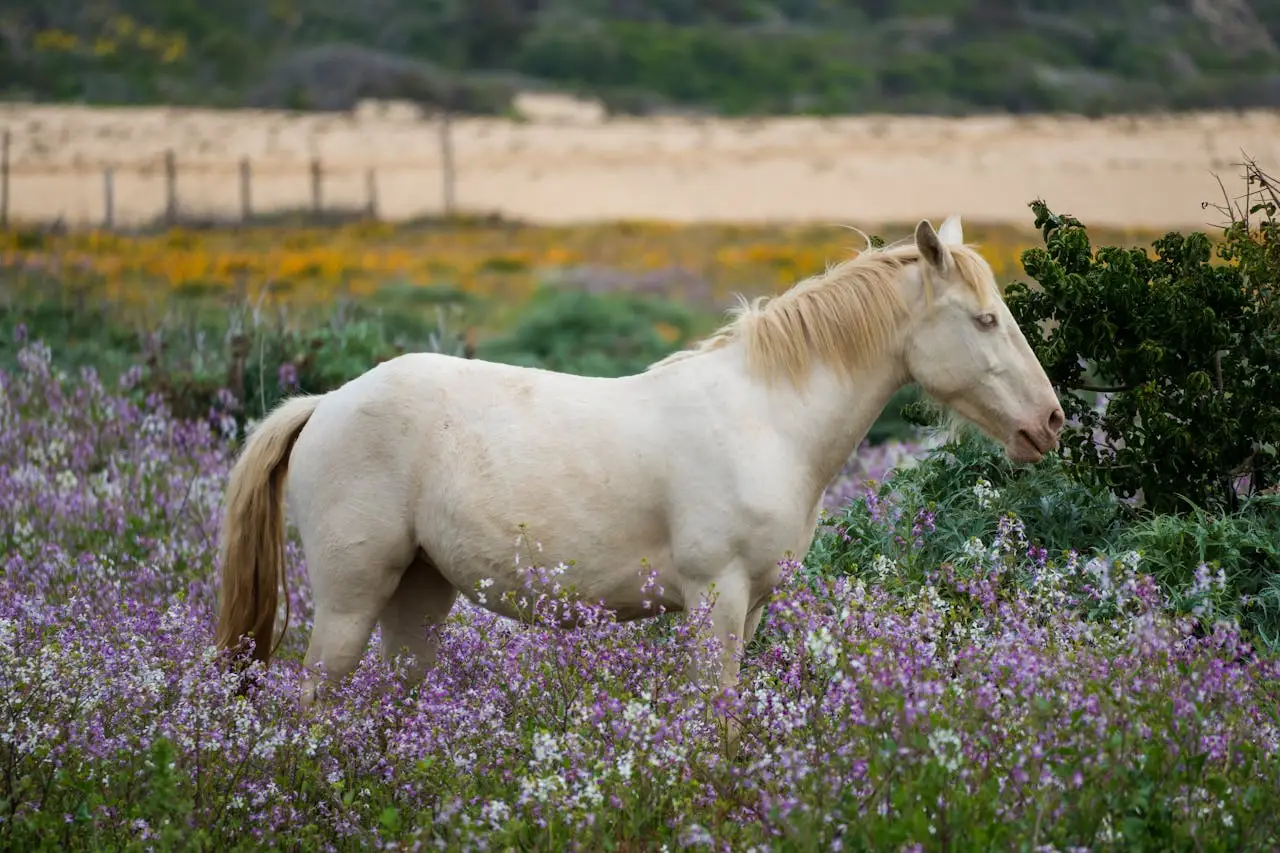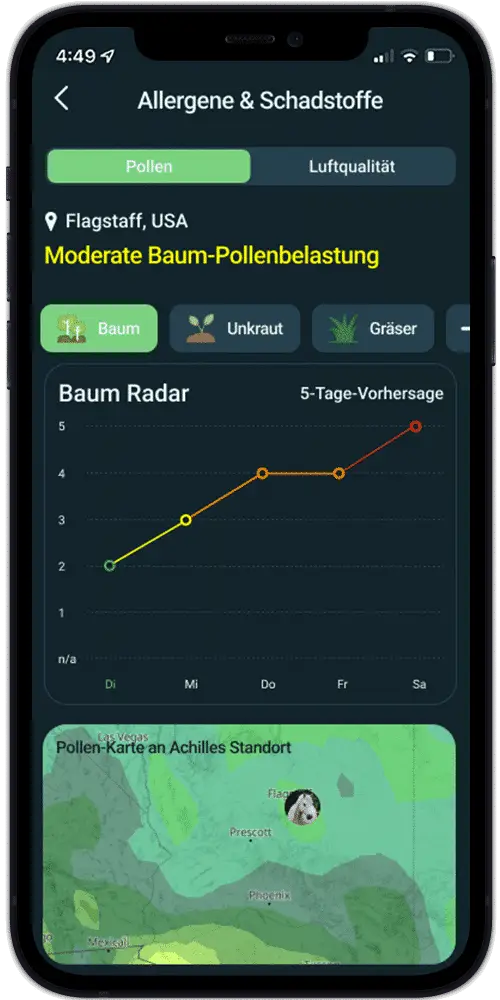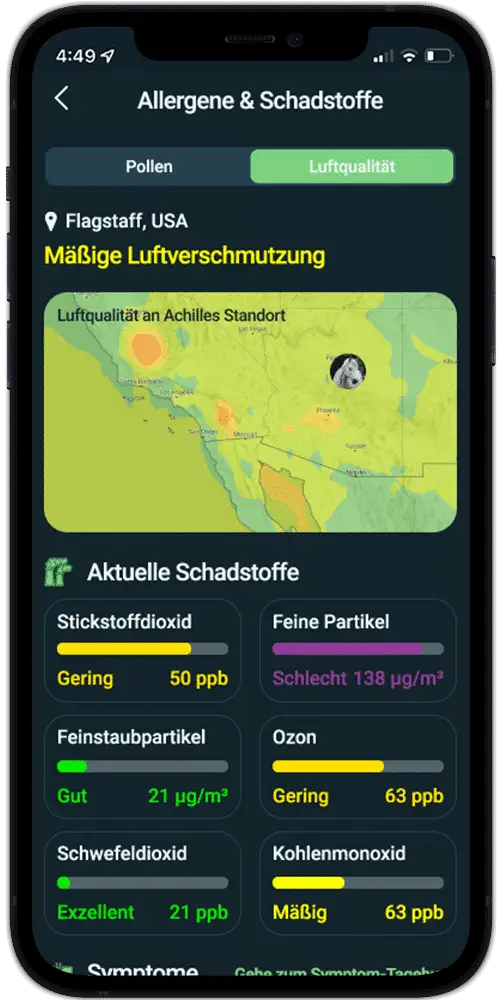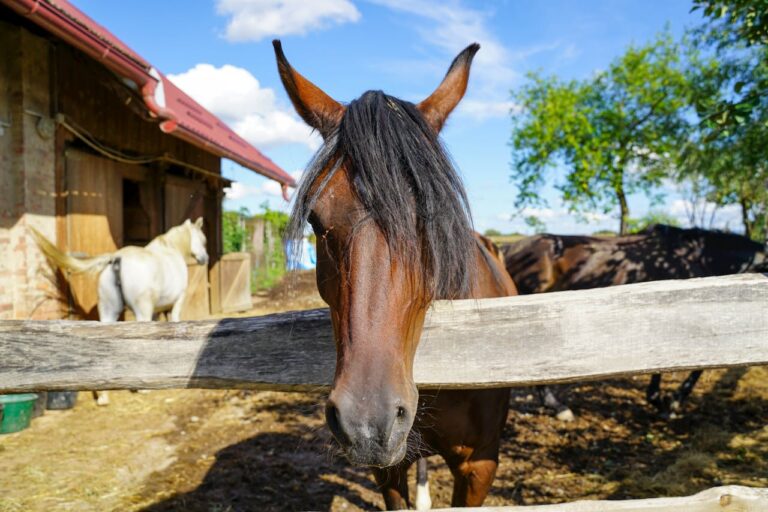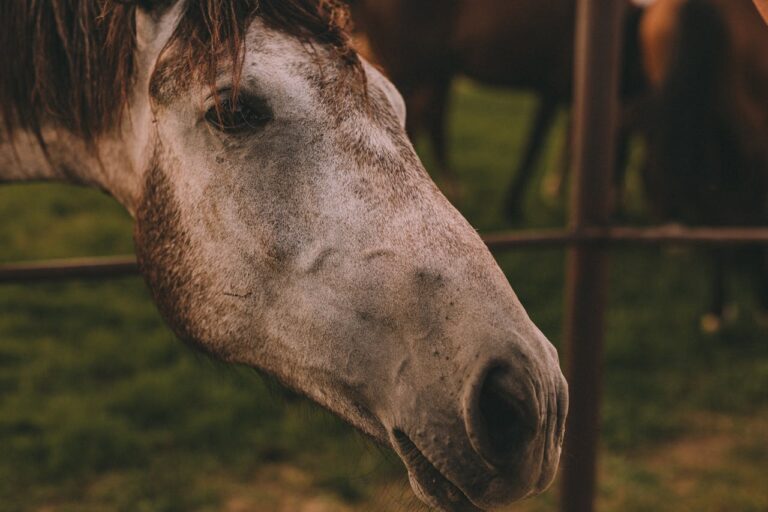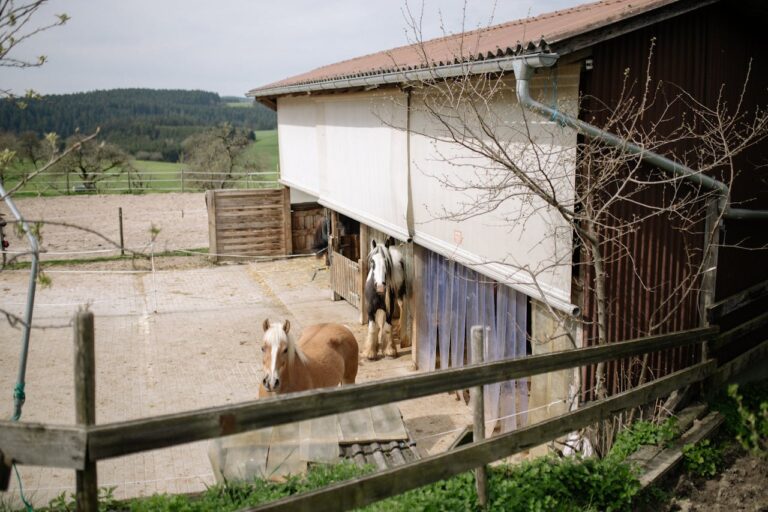
Healthy Stable = Healthy Horse: Optimizing Stable Air Quality to Prevent Respiratory Issues
Healthy Stable = Healthy Horse: Optimizing Stable Air Quality to Prevent Respiratory Issues Struggling with dust? Not your horse! Here’s how to ensure a healthy stable environment. We all want what’s best for our horses. While we carefully manage their

